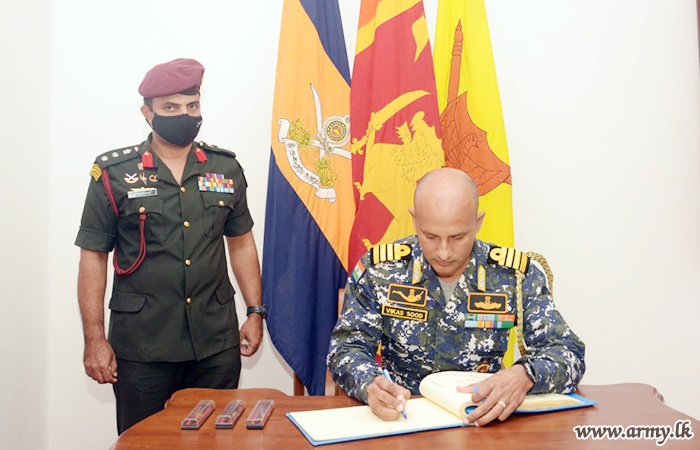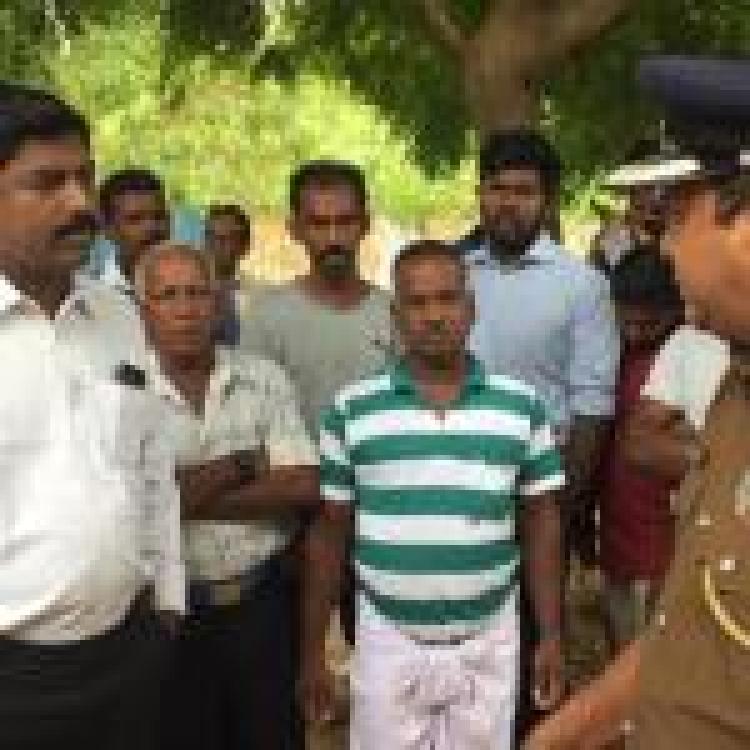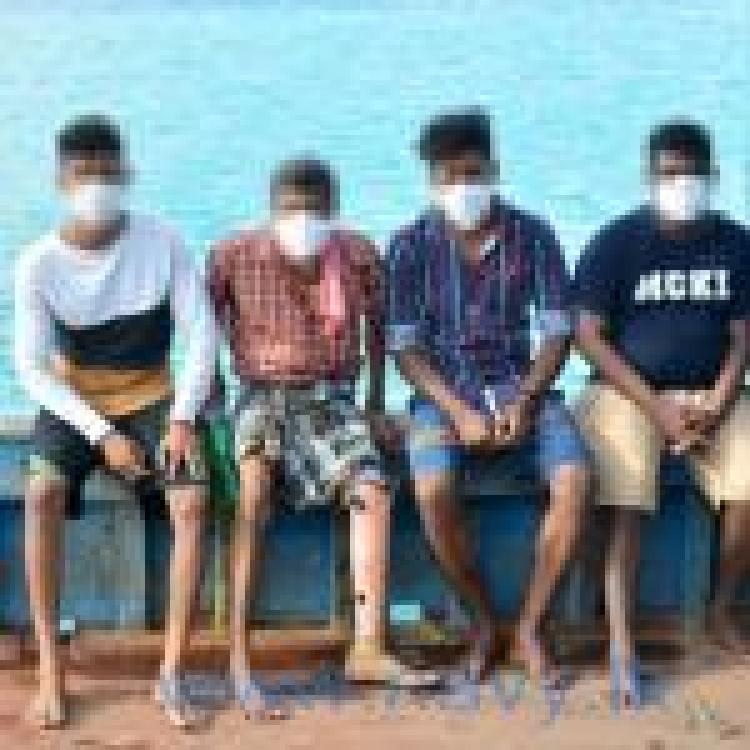
India and Sri Lanka’s navies conducted a three-day military exercise off the coast of Trincomalee from the 19-21 Oct as part of the 8th anniversary of the bilateral agreement known as SLINEX.

This exercise follows the visit of Captain Vikas Sood, Defence Advisor to the Indian High Commission of Sri Lanka, to the 22 Division Headquarters in Trincomalee and the Sri Lankan Army’s Eastern Commander headquarters. During his visit, he met with Major General Channa Weerasuriya and had similar discussions Major General Chinthaka Gamage whilst visiting the Eastern Commander headquarters.
According to Sri Lanka’s Navy, the joint exercises focused on “inter-operability and exercising coordinated Maritime Interdiction Operations”. The previous SLINEX in 2019 was conducted on the coast of Visakhapatnam, Andhra Pradesh.
"SLINEX series of exercise exemplifies the deep engagement between India and Sri Lanka which has strengthened mutual cooperation in the maritime domain," an Indian Navy spokesperson told the Economic Times.
"Interaction between the two navies has also grown significantly in recent years, in consonance with India's policy of 'Neighbourhood First' and the prime minister's vision of Security and Growth for all in the Region (SAGAR)," he added.
Torture camps in Trincomalee
![]()
An illegal torture and detention site operated within the Trincomalee Naval Complex. The complex, also known as “Gota’s Camp”, ran for at least 5 years during and after the armed conflict.
Former Navy Commander Jayanth Colombage who is currently serving as Foreign Secretary served as commander in Trincomalee from January 2010 to September 2012 and is implicated in the running of the illegal torture site, according to a report released by the International Truth and Justice Project, “ The Sri Lankan Navy: A Collective Blind Eye”.
Read more from the Navy’s website and the Economic Times







